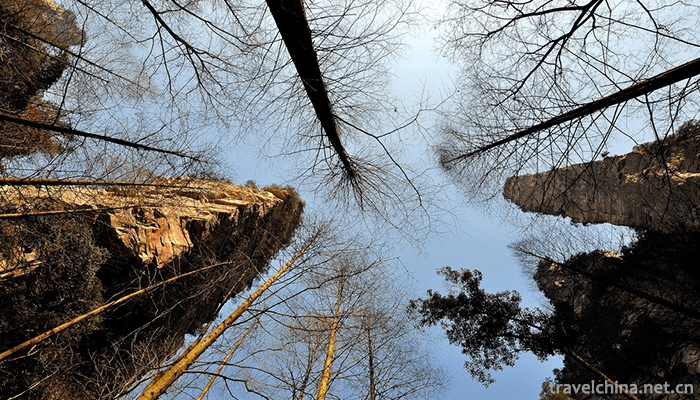Harbin Jinyuan Cultural Tourist Area
Harbin Acheng Jinyuan Cultural Tourist Area, the capital of Jin Dynasty from 1115 to 1234, is the only well-preserved capital site of Jin Dynasty. Up to now, the Royal City's Wumen Gate and palace building sites are well preserved, while the outer city wall, urn city, horse face, corner tower and moat sites still exist.
Climate type
Continental Monsoon Climate in the Middle Temperature Zone
Protection type
National Key Cultural Relics Protection Units
A Cheng is a historic city with rich cultural accumulation. In 1115, Nvzhen leader Wan Yan Aguta established the prestigious Great Jin Empire here, which lasted for 38 years through the four emperors of Jin Taizu, Taizong, Xizong and Hailing. It was the largest metropolitan and political, economic, military and cultural center in Northeast Asia in the 12th century. It produced many important figures and events that had an important impact on the development of Chinese history and left behind a long history of precious cultural relics. The brilliant Jinyuan culture is an important source of the national culture of the Black Land, a treasure of the Chinese national culture, and has become a unique tributary of the Chinese nation's civilization, which has endowed the proposed Jinyuan cultural tourist area with rich historical and cultural heritage.
Harbin Acheng Jinyuan Cultural Tourist Area is the second batch of national 4A level tourist areas.
There are eight exhibition halls: 1. Development of Jin Shang Jing; 2. Economic and Cultural Exhibition of Jin Shang Jing; 3. Mawangdui-King Wanyan Banquet Fuxi Tomb Exhibition; 4. Bronze Mirror Exhibition; 5. Exhibition of Collections of Cultural Relics; 6. Exhibition of Collections and Paintings of Library; 7. Modern Crafts, Paintings and Calligraphy Exhibition; 8. Imperial City Site.

0 Questions
Ask a Question
Your email address will not be published.